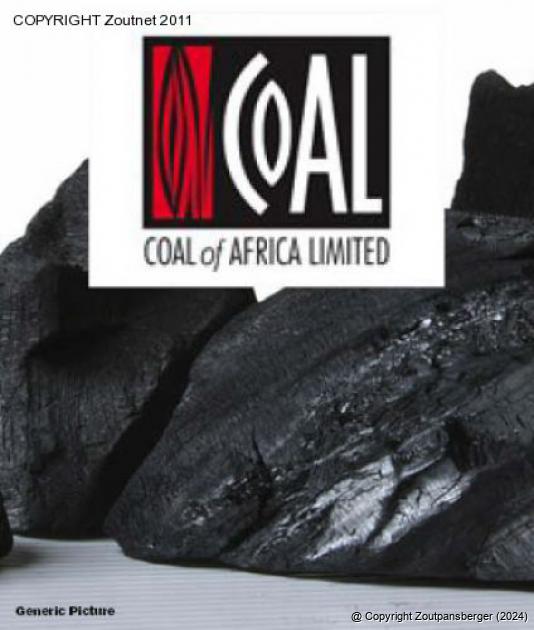

ADVERTISEMENT:

SDAU lodge objection against mining giant
Date: 01 April 2011 By:
The Soutpansberg District Agricultural Union (SDAU) has officially lodged an objection against Coal of Africa Limited’s (CoAL) application for a mining right on the farms Windhoek, Tanga, Fripp, Lukin and Salaita in the Nzhelele valley near Tshipise.
According to SDAU chairman Mr Stephen Hoffman, the objection was lodged in terms of the Mineral and Petroleum Resources Development Act (Act 28 of 2002). Their objection was noted in a letter to the Department of Mineral Resources on March 25, two days after CoAL met with members of the SDAU with regard to their proposed Makhado Colliery.
Hoffman said that during the meeting it was clear that very little information was available with regard to the impact that mining activity would have on surface and ground water. He added that although some information had been forwarded to the SDAU, not all the relevant information had been received which would have enabled members to make an informed decision on whether the mining activity could be supported or not.
The SDAU’s main concern regarding the proposed mining activity centres around the availability of water. “Water is essential for the agricultural sector to ensure food security. It is also vital for all the communities living in the vicinity of the proposed mining activity,” Hoffmann said.
In their letter of objection, the SDAU states that CoAL requires large quantities of water. In addition, the letter states, coal mining poses several serious water quality risks and, in this case, to an area where water quality is already a problem.
“Water availability presents a major risk to the Makhado Coal project, and if the mine goes ahead, it poses a serious hazard to other water users,” argues the SDAU and explains that the area features a highly variable and unpredictable rainfall, in addition to uncontrolled off-take from rivers upstream of the Nzhelele Dam. “This mean that the assurance of a surface water supply is very low,” states the SDAU.
The SDAU also argues that the mine is likely to pose real risks to other groundwater users if there are even minor levels of acid (or neutral) mine drainage, increased salinity, increased levels of boron and other impacts.
“A slight increase in salinity of the water flowing to commercial irrigators, subsistence riverside farmers irrigating by hand or aquatic ecosystems downstream could exceed ecological thresholds that result in long term impacts on soils, reduced primary production and less potable water for human and animal utilisation,” the SDAU states. They add that the river downstream of the proposed Makhado Colliery project is already in an ecological category of D and is thus sensitive to further degradation.
Other issues of objection in the letter centre around the negative impact that mining could have on the region´s biodiversity, with the SDAU calling for a halt to all mining activities until a formal strategic planning initiative, such as a strategic environmental management framework, for the entire area has taken place.
In conclusion, Hoffman again stresses that mining and agriculture cannot operate on the same land.
“Agriculture can sustain live and communities for probably thousands of years, while mining is relatively short term (maximum 25–30 years) with devastating and long-lasting, if not permanent, damage to the environment,” Hoffman says.
Viewed: 720
|
|
Tweet |

-

MMSEZ now also looking at nuclear power
19 April 2024 By Andries van Zyl -

Woede ná R524 nog ‘n lewe eis
19 April 2024 By Andries van Zyl -

T20-spanne hervat liga ná kort breek
19 April 2024 By Andries van Zyl -

Vrae oor waarom Vhembe so sloer?
18 April 2024 By Andries van Zyl -

Border fence contractors lose appeal
18 April 2024


More photos...

ADVERTISEMENT


-

Park development leaves residents puzzled
22 March 2024 By Andries van Zyl -

Local para-athletes shine at SA Champs
05 April 2024 -

Former Triegie’s acting career taking off
12 April 2024 By Karla van Zyl -

Epic finish for local cycling duo
29 March 2024 By Andries van Zyl -

What next Vhembe!
22 March 2024 By Andries van Zyl

ADVERTISEMENT:


ADVERTISEMENT


